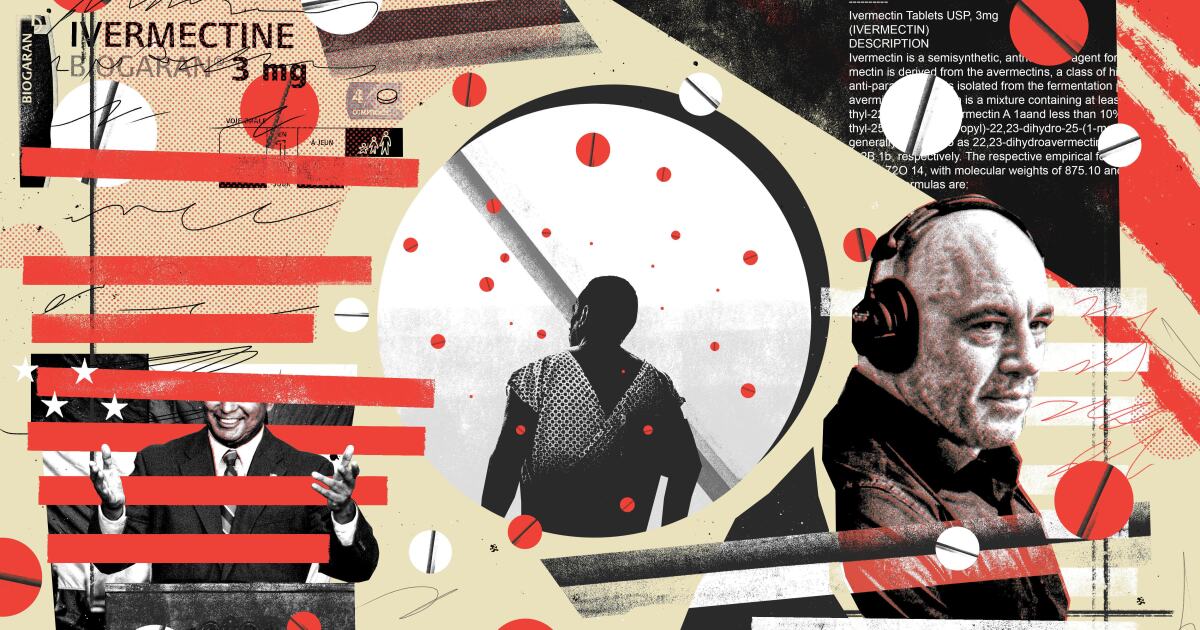USDA Faces Legal Action Over SNAP Funding as Shutdown Continues
Amid the ongoing federal government shutdown, state and local officials are urgently calling for a resolution to the impasse over food assistance funding. The U.S. Department of Agriculture (USDA) recently instructed states to halt Supplemental Nutrition Assistance Program (SNAP) payments next month, citing a lack of available funds.
Michigan Attorney General Dana Nessel, along with other Democratic state attorneys general, has challenged this claim, asserting that the federal government possesses emergency funds specifically for such situations. They have filed a lawsuit against the USDA.
During a press conference in Lansing, Nessel stated, “There is no reason for people who are eligible to receive SNAP benefits to not receive it. That is the exact reason for this contingency fund. And so, I think that the Trump administration is playing with people’s lives here.” According to the lawsuit, Congress allocated $3 billion in 2024 and an additional $3 billion this year for situations necessitating continued program operations.
The USDA, however, maintains that legal constraints prevent the use of these funds for next month’s SNAP expenses. A USDA document clarifies, “SNAP contingency funds are only available to supplement regular monthly benefits when amounts have been appropriated for, but are insufficient to cover, benefits. The contingency fund is not available to support FY 2026 regular benefits, because the appropriation for regular benefits no longer exists.”
The department suggests that the simplest solution lies in ending the government shutdown. Despite this, a plan released by the USDA in late September suggested that multi-year contingency funds could support state administrative expenses during a shutdown.
Democratic lawmakers in both the Michigan Legislature and Michigan’s congressional delegation are pressing the USDA to adhere to this guidance. U.S. Representative Kristen McDonald-Rivet (D-MI 8), a member of the House Agriculture Committee, expressed skepticism about a swift resolution to the shutdown, noting, “It’s a lot of game playing. But this isn’t a game to people. We have seniors, people with disabilities; 40% of people on SNAP are children. We need to make sure people can eat.”
Local food non-profits and elected officials are also concerned about the potential impact if neither federal nor state entities provide the necessary support. Lansing Mayor Andy Schor emphasized the limitations of local efforts, stating, “We are going to step up for our residents, but none of that can match the power of the federal government and dollars that come from the SNAP program. So, we need this lawsuit to be successful, we need the government to be issuing these dollars.”
—
Read More Michigan News









